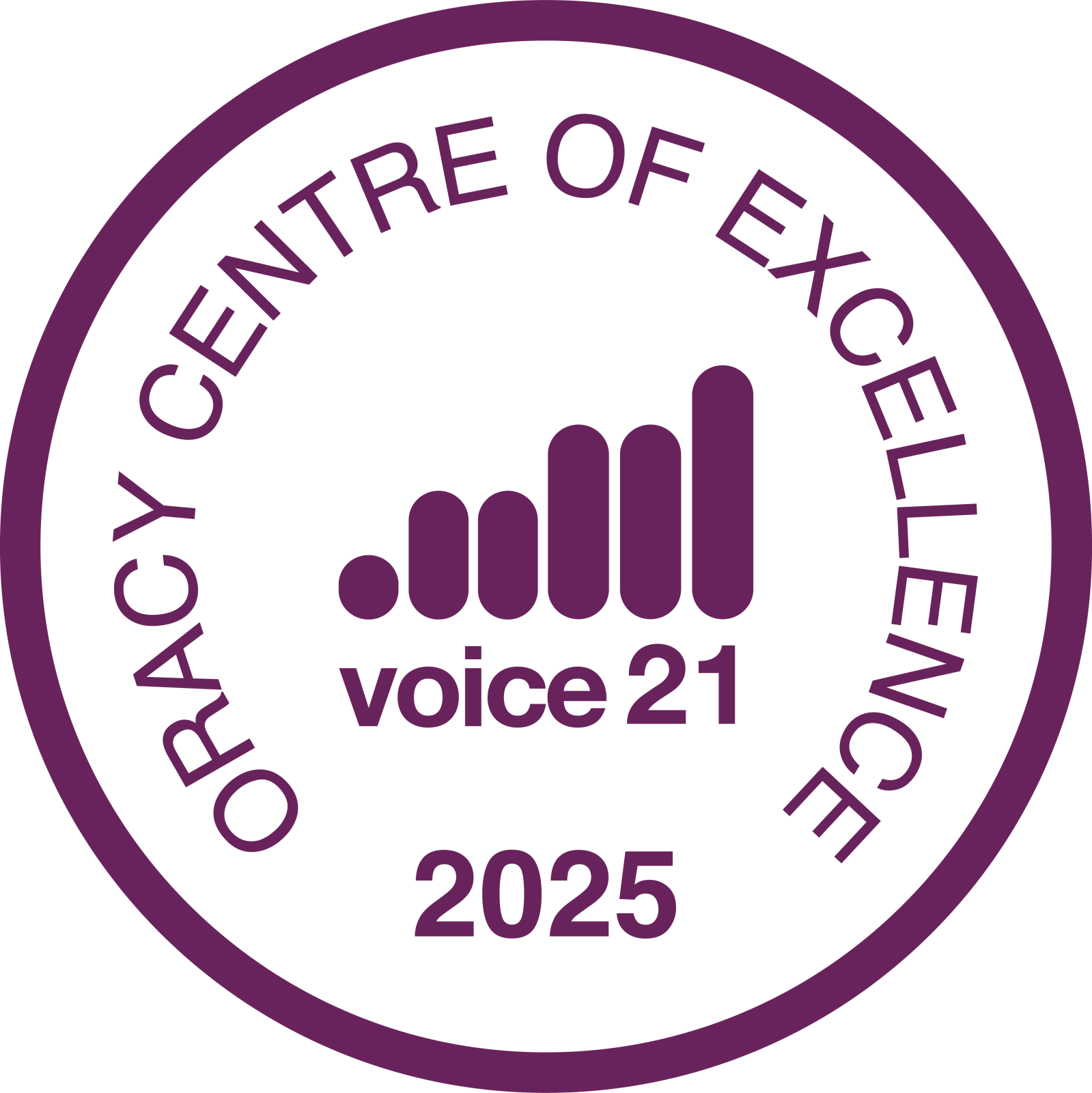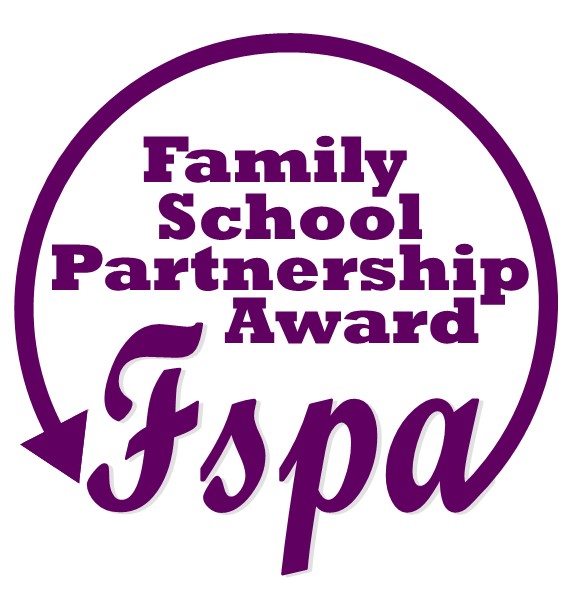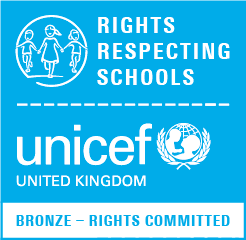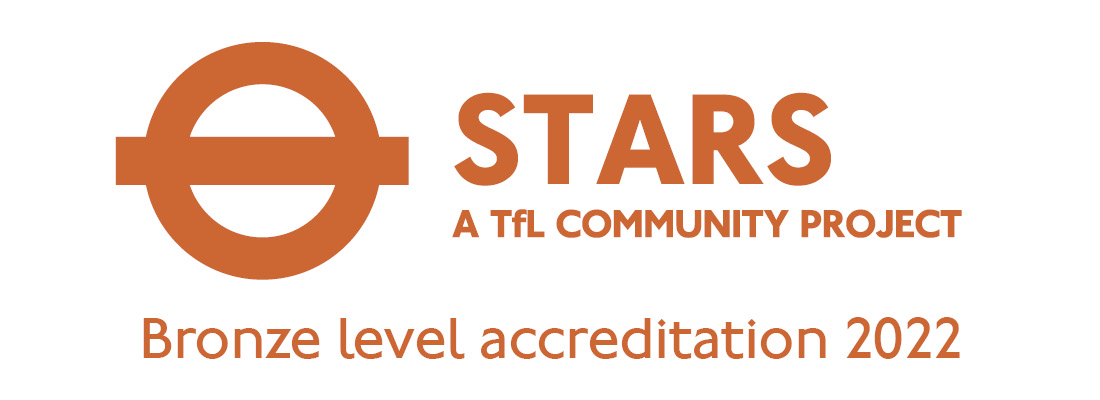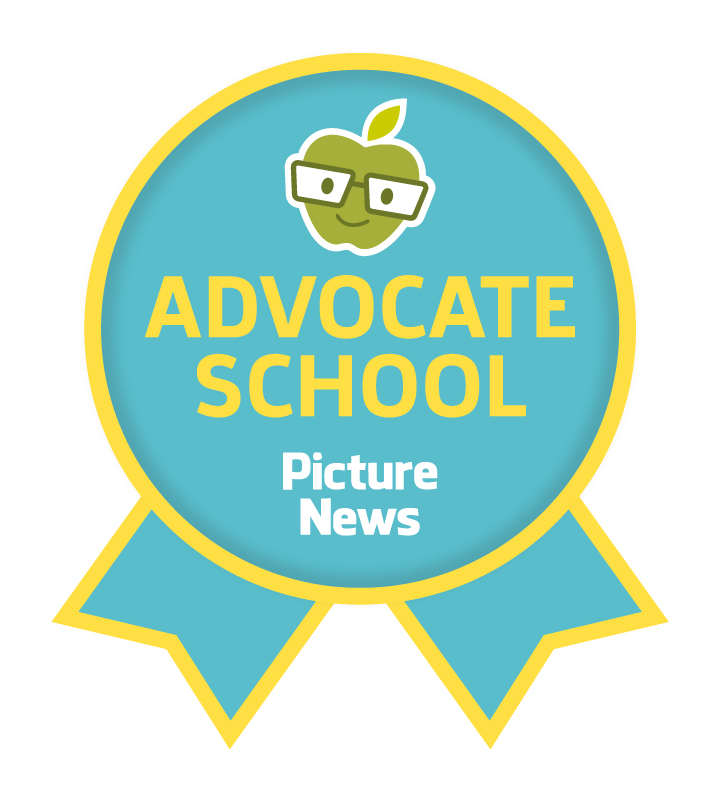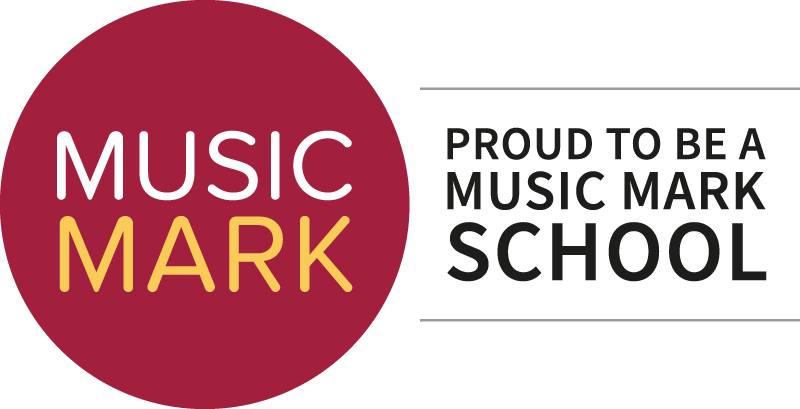At Horsenden, we aim to develop pupils who are well-rounded, confident, respectful global citizens. We do this through many strands of our school curriculum, as well as specifically through the PSHE curriculum, which is detailed here. There are several other areas of Personal Development that are built into our wider school curriculum, some of which are outlined below.
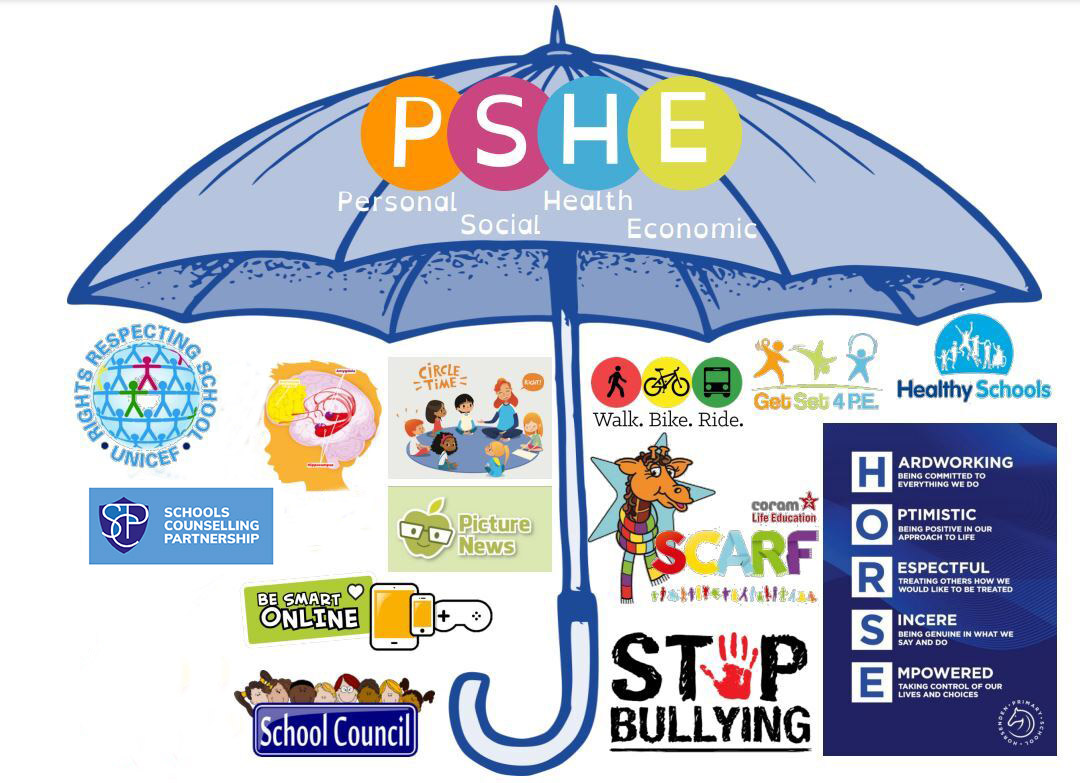
SMSC
The PSHE SCARF curriculum provides a strong foundation for pupil's spiritual, moral, social and cultural education (SMSC) and development; it is at the heart of the SCARF curriculum. Resources have been carefully planned to a structured series of lessons that follow a spiral curriculum. Pupil’s Spiritual, Moral, Social and Cultural development are a core part of this. SMSC themes threads throughout the resources providing a strong foundation for SMSC education.

Social, Moral, Spiritual and Cultural
The PSHE SCARF curriculum provides a strong foundation for pupil's spiritual, moral, social and cultural education (SMSC) and development; it is at the heart of the SCARF curriculum. Resources have been carefully planned to provide a structured series of lessons that follow a spiral curriculum so that children get to revisit consistent themes and build up their knowledge and skills. SMSC themes thread throughout our entire curriculum and the resources we use provide a strong foundation for SMSC education.
Spiritual – Our RE curriculum is designed to reflect the latest research and development in the subject. Pupils are encouraged to use their personal knowledge and worldviews to develop their understanding to big questions whilst exploring their own spirituality. Assemblies build on the work done in RE lessons, providing time for silent reflection whilst also celebrating the wonders and mysteries of life.
Moral – The development of moral understanding runs through the curriculum, assemblies, PSHE lessons, Picture News, Rights Respecting work and our behaviour policy. We expect children to take responsibility for themselves, their community and their environment. The work we do on Rights Respecting helps children understand how to take initiative and act responsibly with consideration for others; distinguish between right and wrong and make informed and independent judgements.
Social – At Horsenden, children have a wide variety of opportunities to help develop their social skills and understanding of their place and responsibilities in our society. Leadership opportunities such as being librarians, Prefects, Anti-Bullying Ambassadors, school councillors, Eco Warriors or Rights Rangers all provide opportunities for children to have a say in the operation of the school community. In addition, the PSHE curriculum builds understanding of healthy relationships and British Values, as does the Picture News weekly sessions. All children have equal access to a range of clubs and opportunities during which they can further develop their social skills. Social skills intervention groups help to supplement the teaching of social skills for selected children.
Cultural – We are a vastly multicultural school and this is celebrated in everything that we do, such as through assemblies, the curriculum and celebration days. By celebrating different cultural and religious festivals and through the RE curriculum children learn to understand and respect our differences and value the richness of cultural diversity in Britain and how these influence individuals and our society. A range of trips, visits and experiences within school support children to interact with and respond positively to a range of artistic, musical, sporting and cultural opportunities.
British Values at Horsenden
At Horsenden Primary School we believe that our existing principles, ethos, mission statement, policies, practices and curriculum all reflect, promote and reinforce ‘Fundamental British Values’ as stated by Department of Education (DfE) and Ofsted.
SCARF, our PSHE scheme, provides a robust framework for promoting a positive ethos and values across the school community, contributing significantly to British Values education, both explicitly and implicitly. The focus across the three themes of Health and Wellbeing, Relationships and Living in the Wider World foster and develop pupil’s responsibility for their own actions; respect for the actions and beliefs of others; an understanding of how each individual is protected by the rule of law; and how everyone can make a positive contribution to society through the democratic process.
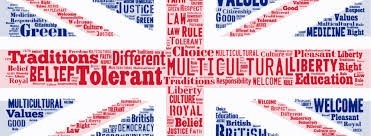
What are the British values?
These values are:
- Democracy
- Rule of Law
- Individual Liberty
- Mutual Respect
- Tolerance of different Faiths and Beliefs
We believe that these fundamental British Values are already implicitly and explicitly embedded in our practices and beliefs. We stimulate discussion, reflection and action about these values via: daily interactions, use of our oracy approach, spiritual, moral, social and cultural (SMSC) education, circle time, personal, social, health education (PSHE via SCARF), religious education, charitable work, visits and via our Picture News Programme, which explores a range of SMSC themes.
1) British Value – Democracy
Definition: To have a ‘voice’, to be able to ‘vote’ and to be able to make decisions about things that affect us.
What this looks like at Horsenden Primary School:
- As part of SMSC, PSED, PSHE (SCARF), Picture News, circle time and other areas of learning we develop pupil’s self-confidence and self-awareness from the start. We encourage pupils to talk about their feelings, that of others, to vote (e.g. hands up) on things they like/dislike, want/don’t want.
- Adults plan activities that encourage turn taking, sharing, listening to others and collaboration.
- Adults encourage and try to create a climate in which pupils are not afraid to ask questions and explore solutions to problems.
- Surveys and questionnaires are used to gather pupil and parent views; pupil voice sessions are a regular part of SLT, ELT and Subject Lead monitoring time and we interview a range of pupils and pupil groups.
- Pupils are given opportunities to negotiate the class code of conduct at the beginning of each school year.
- Some of the pupil leadership roles – such as the school council members – are democratically elected by members of the class, who vote after the candidates deliver a speech.
- Through Assessment for Learning strategies (AfL) pupils are learning to negotiate success criteria and self/peer mark their own and other pupil’s work.
- Through the curriculum – particularly the English and history curriculum – children can see examples of democracies in actions (i.e the ancient Greeks) and also when people have not had the same equal rights (Nelson Mandela, Malala, Rosa Parks, Jewish treatment in 1930s Germany) and to develop their understanding of how change was brought about.
2) British Value – Rule of Law
Definition: Jointly made rules that everyone obeys to protect all who live in a society. This allows everyone to feel safe, secure and happy.
What this looks like at Horsenden Primary School:
- Golden Rules and behaviour policy are embedded well so that children know the expectations of being part of Horsenden.
- Restorative justice is used to help address issues between pupils in school. The adults encourage the pupils to think about their behaviour and its impact on others. To understand right from wrong and look for solutions to problems/issues.
- The adults use the curriculum, books, assemblies, special events, trips, speakers and festivals to teach values such as loyalty, fairness, honesty, safety and teamwork.
- The adults invite the police, fire service, nurse, charities, theatre groups and other visitors to explore issues such as health and safety, rights and responsibilities.
- The pupils negotiate and revisit class code of conduct and school golden rules regularly.
- The pupils are taught to understand and follow our behaviour policy. Dojo points, class rewards systems, celebration assemblies and SLT postcards all aim to increase pupils’ understanding of appropriate and inappropriate behaviour and rewards and sanctions.
- School Council is set up to raise pupil voice across the school.
- The curriculum – particularly the history curriculum – allows pupils to see examples of when perhaps the Rule of Law has not been applied so well, and therefore gain a critical understanding of fairness (i.e. the Benin Bronzes, the East India Company and the British Raj).
3) British Value – Individual Liberty
Definition: To know that in a democracy everyone has rights and the freedom to express themselves and make their own choices. However, we must also ensure that individuals understand they have a responsibility to not exercise their rights at the expense of someone else.
What this looks like at Horsenden Primary School:
Through the curriculum (Understanding the World, PSHE, e-Safety, collective worship, Picture News and circle time) our behaviour policy and our everyday interactions, the adults plan activities and encourage the pupils develop a strong sense of identity. We do this by:
- Helping them to develop a positive sense of themselves and by use of our value, empowered, begin to have confidence in their own unique abilities and skills.
- Our oracy programme, we teach children how to Agree, Build upon, Challenge, Debate and Probe in a respectful manner, help them to understand that their point of view may differ from others at times and that that is acceptable (as long as it is presented in a respectful way).
- Taking risks in their learning, make mistakes, and use these as learning points.
- Talking about their feelings and also learn strategies to help them with regulating their own emotions and bodies.
- Teaching them how to keep themselves and others safe, where in person or online.
- Giving children a broad range of leadership opportunities to help them gain new interests, hobbies and sense of self (for example: Eco Warriors looking after the environment and promoting energy efficiency; Prefects demonstrating and modelling the rule of law like our golden rules; and Reading Ambassadors promoting pleasure for reading).
4) British Value – Mutual Respect
Definition: Treating others as you would like to be treated
What this looks like at Horsenden Primary School:
We believe that mutual respect is an essential part of a diverse community such as ours. We use books, displays, posters, policies and celebration of key festivals to visibly represent our commitment to this value. However, we are also proactive in ensuring that it is embedded throughout the school and that:
- Respect is a core value in the HORSE code and links to the school’s golden rules.
- The curriculum, e.g. PSHE, PSED, RE, Picture News and collective worship, helps to embed inclusivity and tolerance of different types of families, faiths, races and communities etc.
- Adults are positive role models and that they use language, behaviour and resources and plan activities that promote sharing, respect and tolerance.
- Adults challenge gender, racial or any other forms of stereotyping and help children to see why and how respect is crucial.
- Pupils are taught to respect their rights and the rights of others.
- Our spiral PSHE curriculum has Autumn 2 term focusing on valuing differences, being respectful and sensitive to others from diverse backgrounds.
We have achieved the Bronze Pride in Inclusion award for the work we have done in the 2021-22 academic year. We also have a small Pride Youth Group, where we meet to discuss discrimination and inclusion in both the school and wider community.
5) British Value – Tolerance of Different Faiths and Beliefs
Definition: Understanding difference cultures, faiths and beliefs and showing a willingness to demonstrate acceptance and respect of these (even if one does not necessarily agree with them).
What this looks like at Horsenden Primary School:
We ensure that the curriculum, and the teaching of RE and collective worship, also promotes tolerance of different faiths, beliefs and people who hold no belief. Pupils are taught to respect their rights and the rights of others.
- Our bespoke RE curriculum, beginning in EYFS and UTW, is framed around big questions for the children to dive deep into over a half term – such as “What freedoms did Guy Fawkes die for? Why does suffering exist in the world? What is so special about lighting a candle?”
- Additionally, our RE curriculum incorporates philosophy and theology as well as the chance for our pupils to discuss and debate religious matters and personal experiences and opinions.
- We provide a range of learning opportunities for pupils, parents and the rest of the school community to think about and celebrate the different religious festivals related to Christmas and Easter, Ramadan and Eid, and Diwali.
- Trips and visits to different places of worship.
- We invite speakers in to talk about their faiths
Pupil Leadership Opportunities
We offer a wide range of exciting pupil leadership opportunities, including Anti-Bullying Ambassadors, Eco-Warriors, Student Council, House Captains, Rights Rangers, Junior Travel Ambassadors, Reading Ambassadors and Play Leaders.
Children are picked to be leaders in different ways, sometimes putting themselves forward and then selected after a vote by their peers. Other times they will be selected by their teacher for demonstrating our values and embodying our HORSE code values.
It is a great way for children to learn new skills, boost their confidence, interact with other children throughout the school and, ultimately, make a difference to the way Horsenden is run.
Growth Mindset
Growth Mindset is an evidence-based approach to helping children be confident, capable learners. Growth Mindset theory describes a key positive mental attitude and approach to learning and development. A fixed mindset comes from a belief that intelligence and talent are fixed and that talent is more important than effort for achievement.
Growth mindset research disputes and disproves this; it is the opposite of of a fixed mindset. A growth mindset is rooted in a belief that abilities can be developed through dedication and hard work. This positive mental attitude helps to foster both an interest in learning and a resilience against setbacks; both are essential for great achievement.
Growth mindset research also highlights the high number of people with these qualities who have achieved a high level of success in life.
Independent research into growth mindset by the Education Endowment Foundation show that the approach has a positive impact on teaching and learning, emphasising the crucial importance of implementation strategies - knowing about it is not enough.
PSHE SCARF lessons
The PSHE SCARF lessons help with this implementation and embody the key principles of growth mindset in two key ways:
1. The ethos underpinning all the SCARF resources promote a growth mindset approach by:
- Fostering curiosity and critical thinking
- Creating challenges and opportunities
- Using language and activities that promote thinking skills and debate, rather than ‘right or wrong’ answers
- Value the process of learning - not just the end result
- Developing a problem-solving approach
- Promoting a positive, nurturing learning environment
2. Many SCARF lesson plans explicitly promote a growth mindset through activities that help pupils to develop resilience and a positive attitude; these include Learning Lines (a visual tool to help pupils understand how we learn new skills).
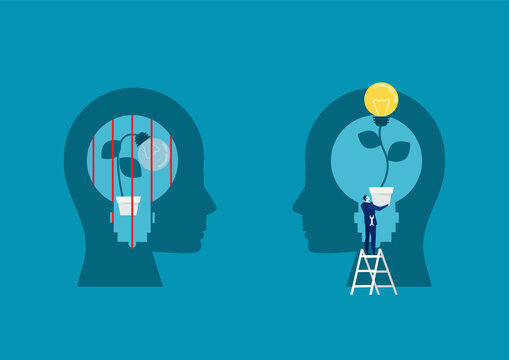
Schools Counselling Partnership
At Horsenden, we know that we play a vital role in supporting children's mental health. Children can go to the Schools Counselling Partnership (SCP) in school to express themselves by talking about their feelings or worries.
For more information about SCP and the work they do with our school please click here
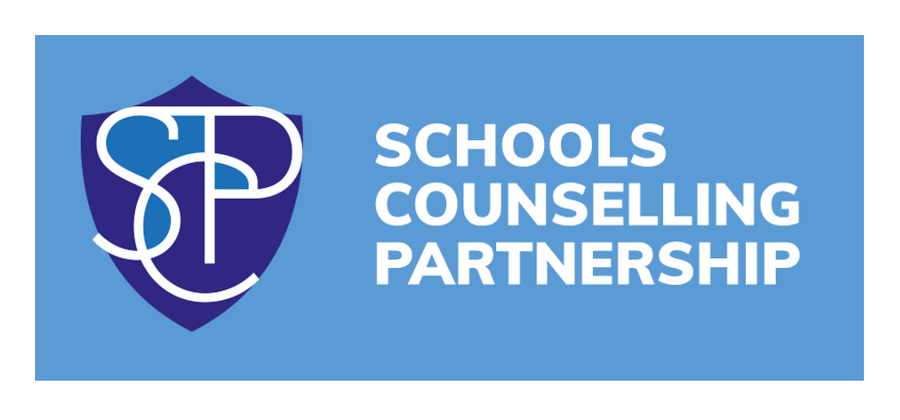
Picture News
Picture News is a core part of our SMSC curriculum at Horsenden Primary. It is a teaching resource that provides a 'big question' linked to national or international current news stories, for pupils of all ages to discuss and debate. Each question and topic is linked both to the UN Rights Respecting Articles as well as British Values, which links multiple areas of our Personal Development strand altogether.
Read more about Picture News and how we use it in school
We use Picture News as a way to connect our pupils’ learning across the school, giving everyone a common ground for discussions, whether it’s in their classrooms, the playground or at home with siblings and wider family. Classes discuss the big question each fortnight and explore this in different ways, putting their reflections into class scrapbooks. In addition to this, Picture News really supports our oracy and vocabulary-focused curriculum approach: teachers use Picture News resources to develop pupils’ ability to comment on, debate and discuss national and international affairs which is part of our aim to develop pupils as global citizens. We are proud to have been awarded 'Picture News Advocate' status.
At Horsenden we teach ‘Picture News’ as we want to provide our pupils with resources to create engaging and exciting lessons, allowing opportunities for them to learn about our world, develop independence, resilience, respect and unlock their own drive and passion for learning. Teaching the current news not only provides great content and stimulus and grips pupil's attention, it is also something that the pupils themselves can impact. It is current, happening now and so their voice is given meaning and purpose. Picture News focuses on our world and makes it clear that we all matter. We believe in giving pupil a voice and encouraging them to use it to impact things they are inspired by or feel passionately about.
Every fortnight, classes record their learning in a scrapbook which the pupils have complete ownership over: they decide how they want to display their thoughts and ideas. The pupils love this part of the curriculum and enjoy using their voice to contribute to the world around them.
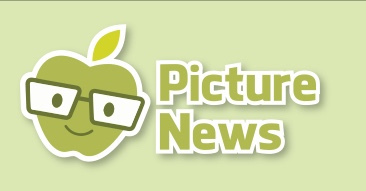
Rights Respecting Award
The Rights Respecting Schools Award puts children’s rights at the heart of schools in the UK. Horsenden Primary School is proud to be working with UNICEF to create a safe and inspiring place to learn, where children are respected, their talents are nurtured and they are able to thrive. UNICEF's Rights Respecting Schools Award embeds these values in daily school life and gives children the best chance to lead happy, healthy lives and to be responsible, active citizens. We gained our Bronze accreditation in December 2021 and are now working towards Silver accreditation.
Read more about the Horsenden Rights Rangers
The Horsenden Rights Rangers work as a school leadership team to help fellow pupils understand their rights under the UNCRC and to help encourage rights respecting behaviour in our school. As a team they take the lead in developing and delivering the schools action plan and feeding back to the school community about the progress we are making. Rights Rangers provide a link between pupils, teachers, the senior leadership team, governors and parents. For more information about the Rights Rangers and the work we're doing in school, visit this page.
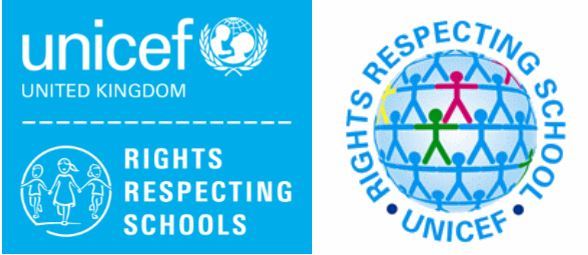
School Travel
At Horsenden, we are committed to promoting active travel to school. Active travel has a number of benefits for the whole school community, such as:
- It keeps the roads immediately outside school much safer for our pupils
- It minimises congestion
- It supports our Healthy Schools status
- It promotes better relationships with our community and neighbours
- It keeps local pollution to a minimum
- It keeps our pupils' bodies healthy
Read more about active travel
Many of our pupils live close to Horsenden Primary School, which means that a lot of them are able to walk to and from school. Some pupils use their bicycles or scooters. We have multiple places at school to keep these safe through the school day. We ask all parent/carers to support us in encouraging pupils to walk, ride or cycle to school whenever possible. If it is essential to use a car to get to school, we ask you to park at least a 10 minutes walk away so that your child can still walk part of the way.
The map below shows a 1km radius around Horsenden Primary School (which is the small dot in the very middle). On average, this is less than a 20 minute walk.
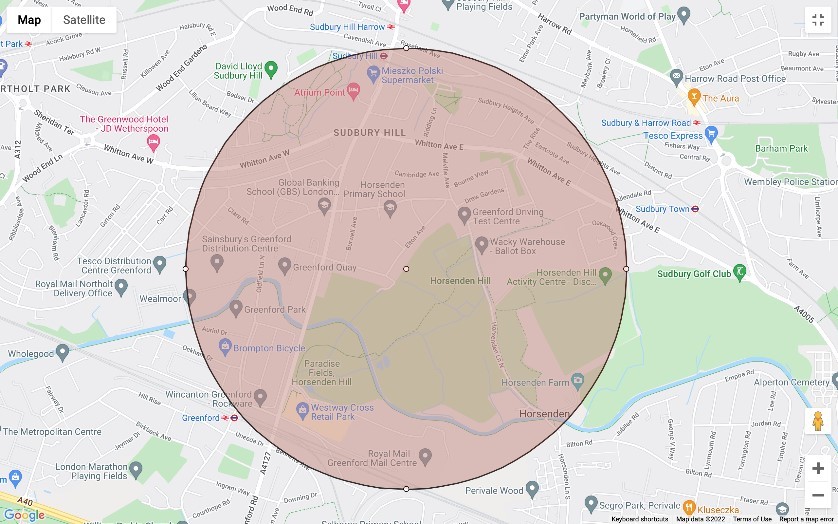
Read more about the Junior Travel Ambassadors (JTAs)
The Junior Travel Ambassadors (JTA's) are the school's champions for promoting active and sustainable travel. They meet with their teacher leader regularly and discuss ways to encourage children and families of Horsenden to use active modes of transport. Below you can see the Horsenden Primary School Walk to School Map from EGfL.
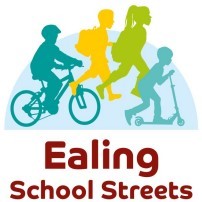
Healthy Schools Award
Horsenden Primary School is a 'Healthy School' where we strongly believe that a pupil's mental and physical health is vital to them becoming a successful learner. 'Healthy Schools' is a national initiative to support children to develop in a healthy and happy environment. It is an externally moderated award given to those schools who show they are meeting a range of criteria.
Criteria for Healthy Schools Award
Healthy Eating
This includes healthy and nutritious food being made in school canteens and available in schools as well as enabling pupils to make informed decisions about healthy food. At Horsenden we achieve this through healthy, well-balanced school meals which are prepared on site; healthy fruit and vegetables available to EYFS and KS1 pupils as snacks each day; a water only policy; an ambitious school curriculum which incorporates teaching about healthy food choices, nutrition, cooking and food preparation (covered within the PSHE, Science and Design and Technology curriculums); support for parents and carers in the form of packed lunch guidance and a 'Whole School Food Policy'. For more information about our catered school menu, please visit this page.
Physical Activity
This encourages pupils to take part in physical exercise as well as being given opportunities to be physically active. It helps understanding of how physical activity can make people healthier and can improve life as well being a part of it. At Horsenden we achieve this through regular PE lessons taught by both a specialist PE teacher and class teachers; regular swimming lessons for year groups 3-5, taught by a specialist swimming instructor; Sports Days in the the Summer term; sports and activity equipment available to pupils at lunchtimes, including climbing equipment, balls, and use of the MUGA; active after school clubs available throughout the week including, Agile Vibes (dance), cricket, football, multisports, Taekwondo, dance and yoga; regular participation in active travel initiatives such as 'Walk to School' week; Scooter and bikeability training for pupils; and ambitious school curriculum which incorporates teaching on the importance of physical exercise, understanding the body and fitness (covered within the PE, PSHE and Science curriculums).
Emotional Health and Well-Being
This includes learning about bullying, how to express our feelings, building confidence and emotional strength. It is the promotion of positive emotional health and wellbeing. At Horsenden we achieve this through regular mindfulness sessions (see MindUP) for pupils to learn self regulation skills; access to self regulation resources and explicitly taught strategies; regular class circle times to address class issues and concerns; class worry monsters/boxes where pupils can share feelings anonymously; a school pupil and family worker to support pupils and families needing additional support; school counselling available through Place2B; opportunities to build confidence by belonging
to an important group such as the School Council, Rights Rangers or Anti-Bullying Ambassador teams; participation in anti-bullying week; regular whole school assemblies focused on emotional health and wellbeing; and an ambitious school curriculum which incorporates teaching on building positive relationships, managing conflict, expressing feelings and developing resilience (covered within PSHE lessons, incorporating MindUP, circle times, Rights Respecting, Picture News and Travel work).
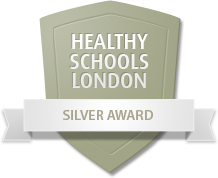
School Council
At Horsenden Primary School we have an active, passionate and empowered School Council who meet regularly with the lead teachers to discuss a range of issues regarding our school. The school council leaders ensure that pupil voice is at the heart of school life.
Horsenden Primary School’s pupil council is formed by a representative from every class from Year 1 to Year 6. To read more about what the School Council focus on and their impact this school year, please visit this page.












